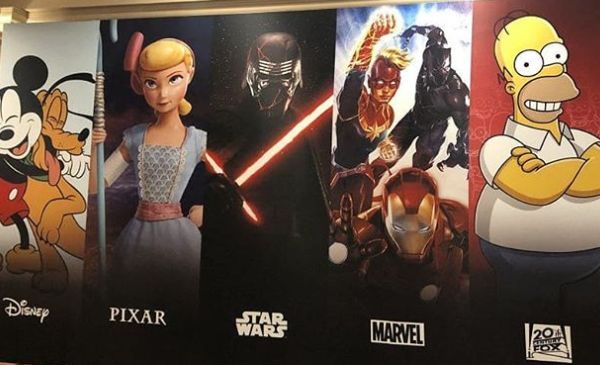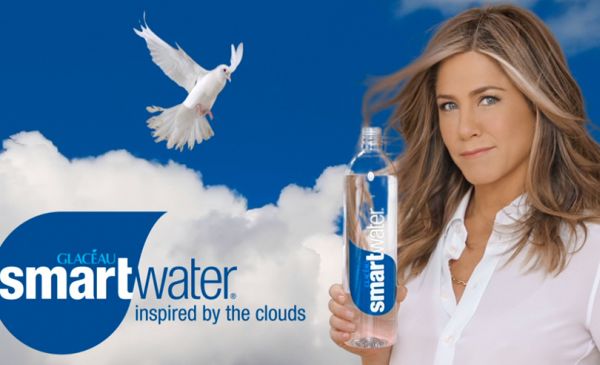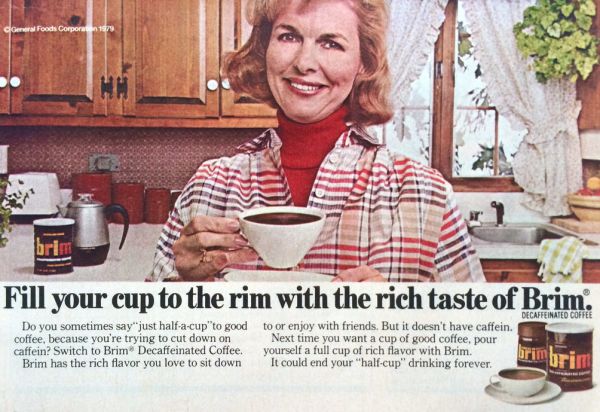Hello from Sochi, Russia. The Blake Project is here in support our client, The Coca-Cola Company, – we have been guiding their brand licensing efforts for these games. The assignment is at the intersection of brand licensing and event marketing a place where more marketers and brands should be paying closer attention.
Some are. More and more companies are choosing to sponsor events. They understand the connection between fans and events and wish to take advantage of the positive associations that consumers and fans get from attending events. When a company becomes intertwined with an event, as occurs with a long-standing sponsorship, that company name becomes synonymous with the event. This type of relationship creates powerful brand cohesion. NASCAR fans only know their championship as the NASCAR Sprint Cup. To not include the Sprint name in the title would be to omit part of the title. NASCAR fans appreciate the role the Sprint Nextel Corp. has played in supporting their sport. For this support, fans reward Sprint Nextel by buying their cellular phone products.
However, Sprint Nextel’s NASCAR product line does not extend beyond the cellular phone category. Wouldn’t it be great if Sprint Nextel created a complete line of NASCAR merchandise? If you don’t agree, keep reading. There is a huge opportunity waiting to be tapped if executed properly. For this reason Sprint Nextel should consider creating an event licensing program that compliments their existing Sprint Cup event marketing program.
Just to be clear, when I refer to an event I mean any organized activity that provides entertainment value. This includes sporting events such as professional league and college sports, all star or championship games, golf, tennis and cycling tournaments, rodeo competitions and, of course, automobile racing. Events also include entertainment properties such as music and dance concerts, museum or art exhibits, state fairs, county festivals, monster truck rallies, pro wrestling and political conventions. Organizing committees and/or sanctioning bodies typically manage the execution of an event. The organizing committee or sanctioning body looks to sponsors and television networks to offset the costs. The sponsors, like Sprint Nextel, benefit from an association with the event which they use to drive sales of their products or services. Networks benefit from the sale of ad space during the airing of the event. In addition, almost every event, large or small, sells event merchandise. The merchandise, which features the event logo and “look,” provides an additional revenue stream, which can be used to defray costs while also building the brand by providing fans an opportunity to memorialize their experience.
Event licensing enables sponsors to create and sell co-branded (sponsor + event) merchandise. For title sponsors, which have been affiliated with the event over a long period, event licensing offers an opportunity to connect the brand even further with the event marks. While title sponsors historically have been able to place the event mark on their product, they traditionally have not been able to create a co-branded licensed merchandise program. In fact, very few companies successfully have been able to accomplish this.
For those that have done so, co-branded event licensing programs offer tremendous benefit including exposure for the brand, the opportunity to reinforce a corporate message, marketing support for the core business and the chance to satisfy the fans’ desire to memorialize the event.
Brands like Nike and adidas have successfully executed co-branded event licensing programs. However, only a handful of non-apparel companies have accomplished this feat. One of these companies is The Coca-Cola Company. When I was working at Coca-Cola, my team created co-branded event licensing programs for many global properties including FIFA World Cup and NASCAR. Through these programs, The Coca-Cola Company was able to reinforce the associative imagery of the event with the Coca-Cola brand in a powerful and distinctive way. To put this in perspective, most Fortune 500 marketers spend hundreds of thousands if not millions of dollars on event marketing programs, which attempt to create a lasting impression between the event, the fans and their brands. In almost every case, the impressions generated from these activities -advertising, public relations, experiential marketing and hospitality programs – are fleeting. In very few instances can a brand create an enduring impression. Even fewer generate revenue at the same time.
For manufacturers (licensees), event licensing offers immediate recognition. For established licensees, event licensing offers an opportunity to reinforce their role. A good example of this is Aminco, a pin licensee. Aminco has licenses with virtually every major professional sport. For this reason, Aminco is synonymous with pins. Event licensing also offers manufacturers credibility as they benefit from the “halo effect” of the event. Finally, event licensing offers licensees a new revenue stream. For event retailers, a co-branded program offers additional product mix that will attract and satisfy a broader set of consumers. A co-branded program usually drives additional traffic to the retailer through marketing and public relations efforts executed by the event sponsor. Finally for the organizing committee or sanctioning body, a co-branded event licensing program enables them a chance to support an important sponsor while generating incremental royalty revenue.
Tying brand licensing into event marketing creates a powerful way for sponsors to connect with their target customers while creating substantial benefits for all stakeholders – manufacturers, event retailers and the organizing committee. That is why The Coca-Cola Company continues to choose to be the official sponsor of Pin Trading as it has done in Sochi, Russia.
This will be the fourth time I have overseen Coca-Cola’s co-branded licensing program. The other times were for events in Nagano, Japan, Salt Lake City, USA and Vancouver, Canada. While I am here, I have been on the lookout to see if other sponsors have developed their own co-branded licensing program. Unfortunately, I did not see any other examples. To maximize their sponsorship and brand impact, more sponsors should be pushing for these rights.
The Blake Project Can Help: The Blake Project’s Brand Licensing Audit
Branding Strategy Insider is a service of The Blake Project: A strategic brand consultancy specializing in Brand Research, Brand Strategy, Brand Licensing and Brand Education




